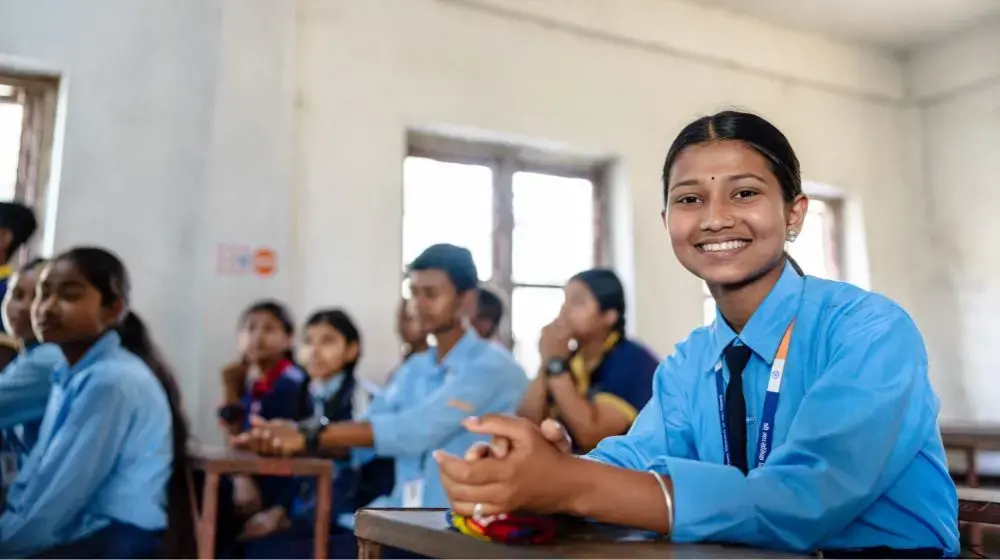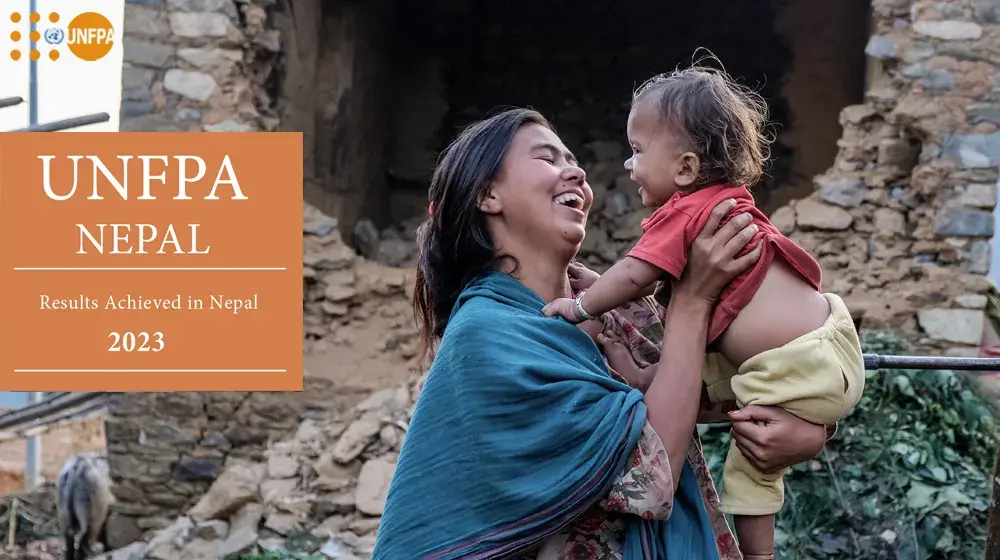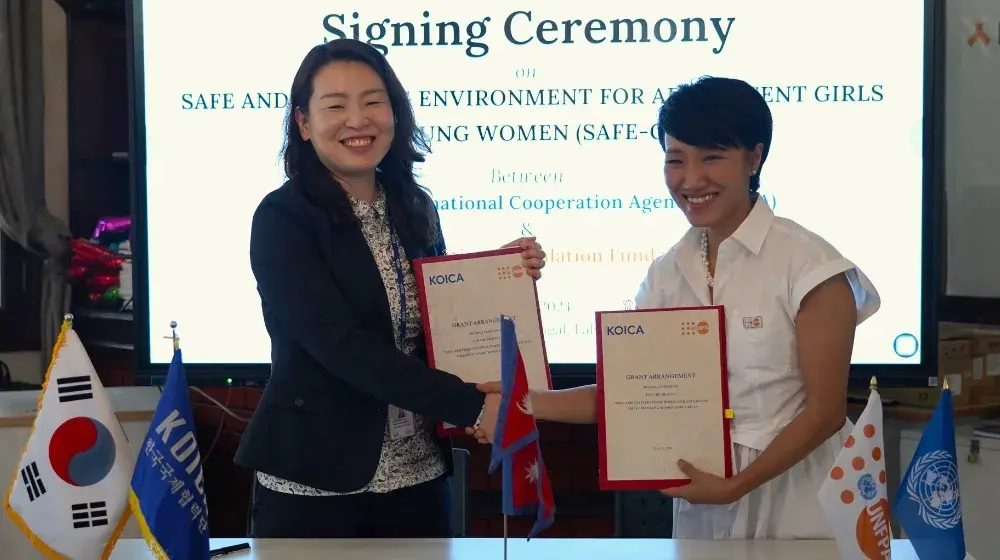This year marks the final year of the Millennium Development Goals, the eight global goals launched in 2000. Now, the world must decide on a new set of goals to guide development priorities for the years to come. Many urgent priorities compete for attention as member states, UN agencies, and a range of other development actors advocate for inclusion of their issues in these so-called Sustainable Development Goals (SDGs). In order to bring the voices of young people into this discussion, the United Nations Economic and Social Council (ECOSOC) convened a Youth Forum on 2-3 February 2015, focusing on how to maximize the engagement of young people in the transition from MDGs to SDGs.
The youth population of Nepal is significant: according to the census of 2011, the people between 16-40 years (youth, as defined in Nepal's National Youth Policy) constitute 42 percent. Those between 10-14 years are 13.12 percent of the total population. In other words, young people are a major force in Nepal! When United Nations Population Fund (UNFPA) offered me the opportunity to represent my country's young people at the ECOSOC Forum, this was like a dream come true.
I knew I had my work cut out for me. I was to engage in dialogue with Member States and contribute to policy formulation on economic and social aspects - not a small task! UNFPA Nepal gave me the support I needed to prepare myself to shoulder the responsibility. My voice might be only a drop in the ocean; but each drop is indispensable, and I wanted to be sure that I was contributing everything I could to make the next global development framework, SDGs, youth-friendly, so that the young people in my country and all over the world would not be seen merely as beneficiaries, but as engaged actors in our own progress and development.
On the morning of February 2nd, 2015 I stood behind hundreds of other youth delegates from around the globe at the gate of the UN Headquarters, New York, anxious to contribute and discuss. We moved into the building and were directed towards a huge conference hall that had seats with our names on them. It made me nervous, as I said ‘good luck' to my other friends and quietly slipped in to occupy a table that had 'Rai' marked on it. The emissaries from Denmark and Ukraine were at either side of me. The event officially began with the opening remarks by Mr. Ban Ki-moon, Secretary-General of the United Nations and Mr. Martin Sajdik, President of the Economic and Social Council. "You have the legitimate right to challenge your leaders", said the Secretary General, encouraging all the young people to prepare themselves to become a global citizen.
The two-day event consisted of the five major sessions. The first session, "Youth Engagement in the Transition from MDGs to SDGs", broke down the youth participants into five thematic groups "Process and Consultations", "Accountability", "Measurement", "Partnerships" and "Building Capacity/Implementation", each moderated by experts from different backgrounds and nationalities. I opted for the fifth theme, where we discussed on various measures that could be undertaken by the UN system to build the capacity of young people in different stages. The second session, also the final one for the day, on "WPAY+20 and the Post-2015 Development Agenda: Panel and Interactive Dialogue" saw discussions among representatives from governments of different countries shared how they have been implementing WPAY+20 back home.
On the second day, I participated in a session on "Youth and Africa" focused on the situation of youth participation in Africa and how it is increasing every day. It was interesting to learn from their experience; many lessons can also be applied to Nepal. The fourth one was on "Gender Equality" and the session primarily reflected on the effectiveness of Beijing Platform for Action and how these reflections could be utilized in the post-2015 development framework. The final session reflected on the various processes of youth consultations at global and regional levels and the session was moderated by the ECOSOC President . The delegates from various institutions presented the outcomes of different global platforms and meetings like "First Global Forum on Youth Politics".
The ECOSOC Youth Forum 2015 ended with the key messages from the United Nations Secretary-General's Envoy on Youth, Mr. Ahmad Alhendawi, applauding UN efforts to directly engage young people to solve world's sternest of problems. He stressed that young people should not be merely looked upon as a beneficiaries, but as equal stakeholders. Young people can be resources - we can be the solution to many of the challenges we face around the world. Besides, Mr. Navid Hanif, Director of the Office of ECOSOC Support and Coordination, gave his concluding remarks saying that young people have the power to transform the world, and accomplish the targets set by the SDGs, as the member states move into the phase of planning to implementation.
I, along with other two youth delegates, emphasized upon the critical demographic stage that Nepal would be in, in the next few years, and how challenging it would be for the country owing to its political instability, high rates of youth migration, poverty, and lower accessibility of young people to information, entrepreneurial opportunities and health. "Team Nepal" highlighted the urgency of understanding ‘youth diversity' at this hour of history-making; how putting all youth in a single basket as ‘youth' and building the development framework overlooking this beauty would shadow the needs of one, fulfilling the others'. Bearing in mind that there are a record 1.8 billion youth in the world today, we actively participated and engaged, formally and informally, in advocating within the UN system and among member states, to prioritize the aspirations of youth of Nepal, and around the globe, at the forefront of the global development framework, throughout the Forum.
Related article: Young Nepali voices in post-2015 framework




